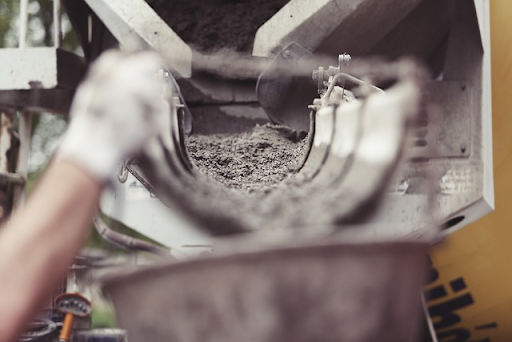Asphalt paving is an essential part of any construction project. It is widely used in road construction, parking lots, driveways, and other areas that require durable and long-lasting surfaces.
However, achieving high-quality asphalt pavement requires a combination of experience, expertise, and the right techniques.
In this article, we will discuss seven essential asphalt paving tips that can help improve the quality of your pavement.
Plan Out the Details
Proper planning is the foundation of a successful paving project. Before starting the project, it is crucial to conduct a thorough assessment of the site to determine the condition of the subgrade, drainage, and other relevant factors.
The subgrade is the soil beneath the pavement and must be stable and well-compacted to prevent settling or shifting of the asphalt layer. Drainage is also crucial to prevent water from seeping into the pavement, causing damage over time.
Choose the Right Asphalt Mix
Choosing the right asphalt mix is critical in achieving a high-quality pavement. The mix must be suitable for the climate, traffic, and the intended use of the pavement. The mix should also be properly proportioned, with the right amount of aggregate, binder, and filler.
A mix that is too dry or too wet can result in poor compaction and weak pavement construction. It is also important to use high-quality materials that are free of contaminants.
Proper Compaction
Proper compaction is crucial in achieving a dense and durable pavement. Compaction is the process of squeezing the asphalt mix to remove any air voids and achieve maximum density. Proper compaction ensures that the pavement can withstand heavy traffic and other loads without cracking or deteriorating.
Compaction should be carried out using a vibratory roller, which ensures uniform compaction throughout the pavement.
Quality Control
Quality control is essential in ensuring that the pavement meets the required standards. The contractor should conduct regular tests to monitor the quality of the mix, the compaction, and the overall performance of the pavement.
Coriolis flow meters are the ideal option for measuring asphalt. Testing needs to be done at different stages of the project to identify any issues early on and make necessary adjustments.
Proper Drainage
Proper drainage is crucial in preventing water from seeping into the pavement and causing damage. The pavement should be sloped to allow for proper runoff and prevent the accumulation of water on the surface.
Drainage structures such as catch basins, swales, or vacuum relief valve products should be installed to direct water away from the pavement.
Maintenance
Regular maintenance is essential in ensuring that the pavement remains in good condition. Maintenance activities such as crack sealing, pothole repair, and sealcoating should be done regularly to prevent further damage and extend the life of the pavement.
The pavement should also be swept regularly to remove debris and prevent the buildup of dirt and other materials that can damage the surface.
Safety
Safety is also critical in any construction project, including asphalt paving. The contractor should ensure that all safety procedures are followed, including the use of personal protective equipment, traffic control, and proper signage.
The contractor should also comply with all relevant regulations and standards to ensure a safe and successful project.

